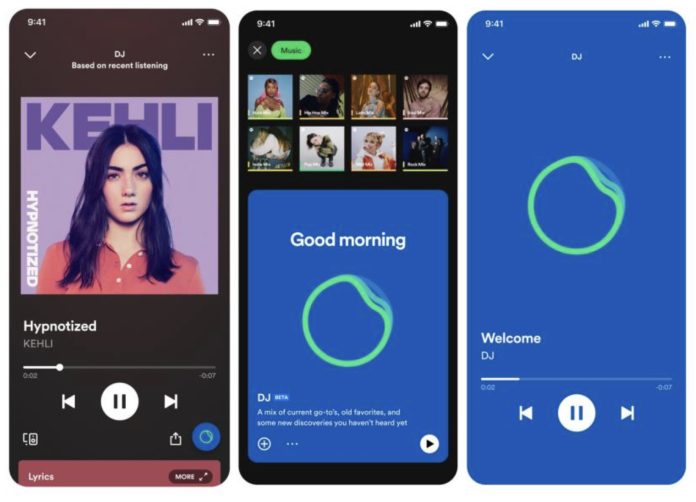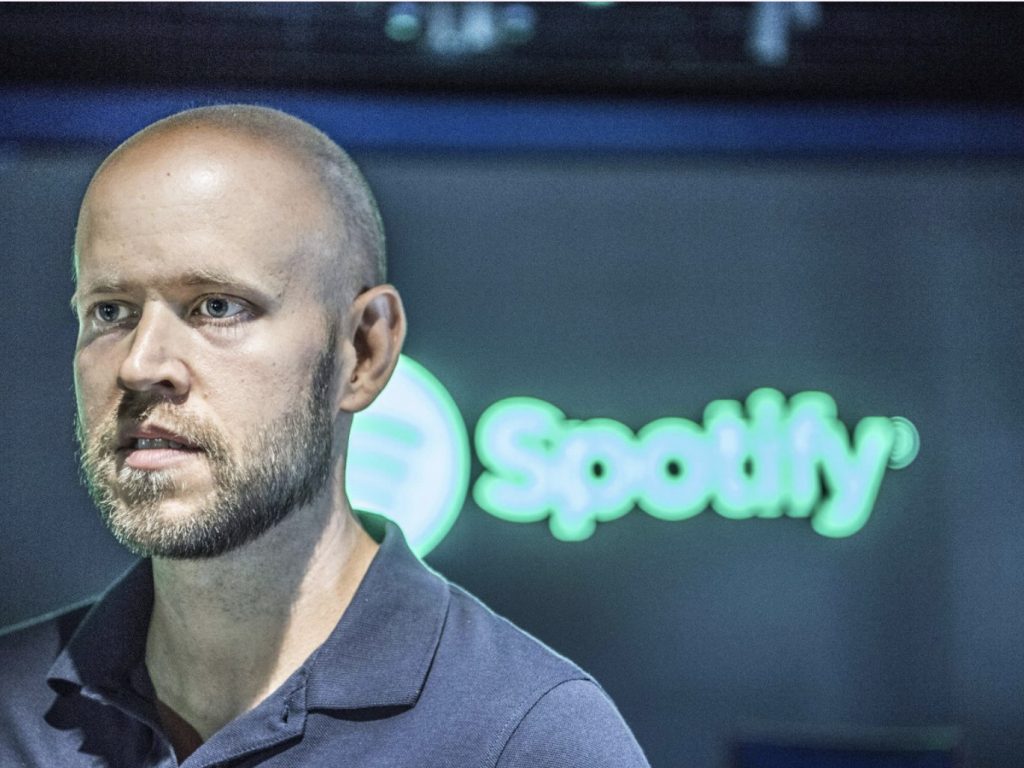
Recently, Spotify CEO Daniel Ek was asked to share his thoughts on the potential opportunities and risks associated with generative AI, specifically in the context of music creation.
“This is very early days and it’s an incredibly fast-developing space,” Ek admits. “I don’t think I’ve ever seen anything like it in technology, how fast innovation and progress is happening in all the really both cool and scary things people are doing with the AI at the moment. I think it’s important.”
Despite its relative newness, Ek believes that it’s important to pay close attention to the field of generative AI, particularly as it relates to music creation. This is because the technology has the potential to significantly disrupt the music industry, creating new opportunities and challenges for artists, producers, and listeners alike.

Opportunities and Risks
So what are some of the opportunities and risks associated with generative AI in music creation? According to Ek, the possibilities are almost endless. With the help of AI, musicians and producers can experiment with new sounds and styles, create unique compositions, and even generate entire albums in a matter of hours or days.
At the same time, however, there are also significant risks to consider. For example, there are concerns about the impact of generative AI on the creative process itself. Will this technology ultimately replace human creativity altogether, or will it simply augment and enhance it? There are also questions about ownership and copyright, as well as the potential for AI-generated music to be used for nefarious purposes, such as propaganda or misinformation.
In conclusion, the field of generative AI in music creation is still in its infancy, but it’s already showing remarkable promise. With the right approach, this technology has the potential to revolutionize the music industry, but it will require careful consideration of the risks and opportunities at every step of the way.





